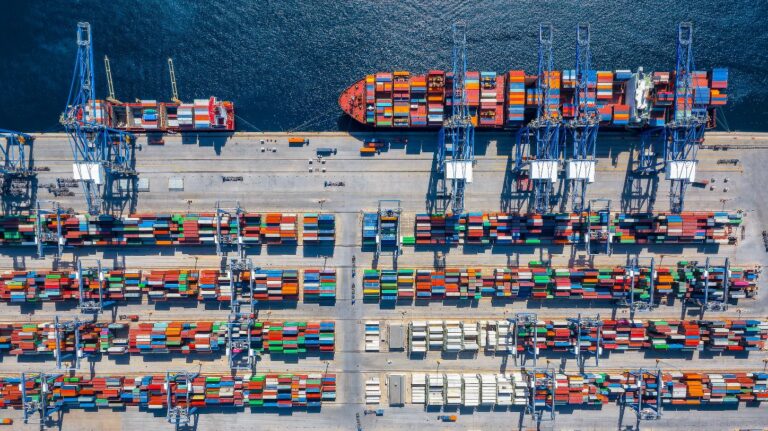Global supply chains “are creaking under the strain of climate shocks, conflict and rising costs”, with developing nations paying the price, according to Rebeca Grynspan, secretary-general of the UN Conference on Trade and Development (UNCTAD).
Maritime disruption is creating ripple effects throughout global supply chains, as longer alternative routes increase costs, the 16th UNCTAD conference in Geneva, Switzerland, highlighted this week.
“A ship that once crossed the Red Sea in days now sails for weeks around the Cape of Good Hope,” Grynspan said.“These are not just logistics challenges – they are development challenges.”
Freight cost spikes raise inflation in small island states five times faster than the global average, threatening food security and economic stability, the body warns. Land-locked developing countries are also among the hardest hit.
Grynspan called for coordinated “just triple transition” toward zero‑carbon shipping, digital trade platforms and resilient transport corridors that leave no country behind.
She noted that 90% of the world’s active maritime fleet still runs on conventional fuels and that volatility in freight rates has become “the highest tariff of all.”
“Supply chains are not just ships and cargo,” she emphasised. “They are also the 1.9 million seafarers who keep trade moving, the ports that need climate resilience, and the corridors linking landlocked countries to the world.”
Meanwhile, Moustoifa Hassani Mohamed, minister of economy, industry and investments of the Comoros, urged small island states to “turn vulnerability into opportunity.” He stressed that while external aid remains important, resilience must start with a clear national vision.
In southern Africa, Angola’s transport minister Ricardo Viegas d’Abreu highlighted the Lobito Corridor – a new link that joins the Atlantic and Indian Oceans – as a model of regional integration. He warned that infrastructure gaps remain and called for private‑sector financing to close them.
Meanwhile, India’s commerce minister Piyush Goyal suggested that security now outweighs short‑term cost savings, stating, “We are willing to pay that extra buck to be able to have resilience in our supply chains.”







